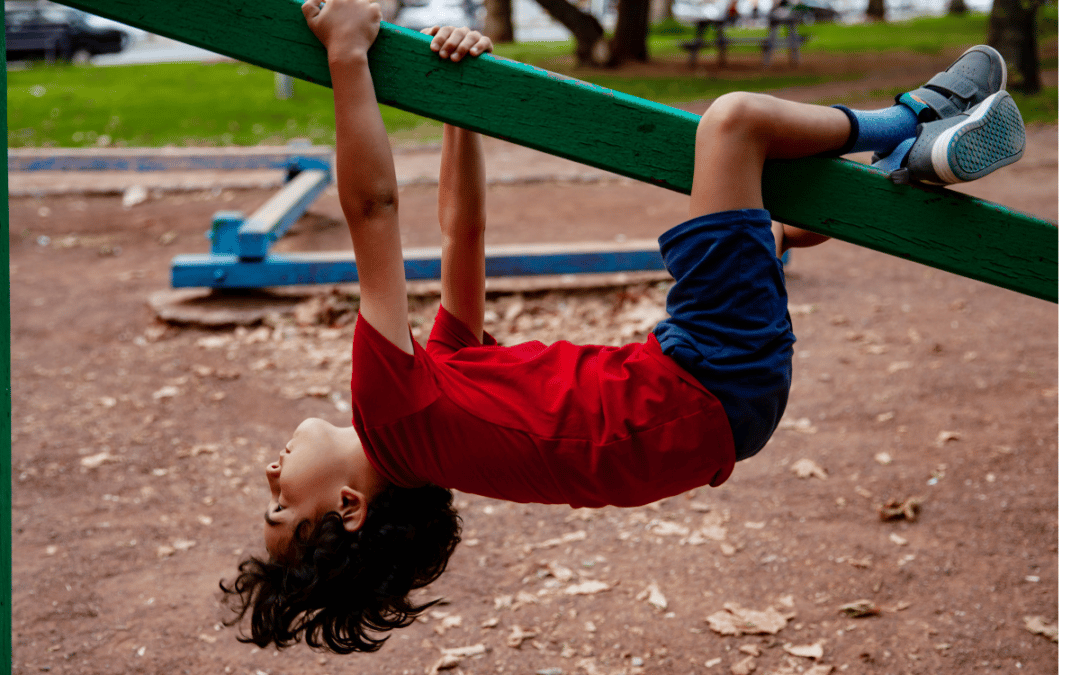As adults, we can’t help but feel that we’ve somehow lost touch with mother nature.
When last did you switch on the news or open YouTube without some reminder of climate change, drought, flood, fire, pollution, pandemic, and more?
How many of your friends and loved ones battle anxiety, depression, and mental health-related issues? Maybe even you?
Of course, these things are all connected.
As new parents, this is the last thing we want to hear, especially when we’ve just brought a bright-eyed baby into the world. The good news is that you can start to shape and protect your little ones for entry into this strange new world by introducing them to nature early on, as a part of their daily play routine.
1. D for Dirt
The past 50 years have seen a 50% decline in the amount of time that children spend soaking in the sunlight and getting down and dirty in the great outdoors. Yet, rugged play in a natural setting especially in a quality kindergarten program is not only a surefire way to stimulate and entertain little ones, but it also has very real and far-reaching health benefits.
In early childhood education, exposure to quality green environments that are rich in healthy dirt, insects, animals, plants (and yes…bacteria) is key to building strong immune systems and little bodies that are less prone to intolerances, allergies, and even phobias that create limitations and anxiety later on. Think of it as a daily dose of Vitamin-Dirt!
What’s more, old-fashioned vitamin D from sunshine is a vital part of a healthy lifestyle: strengthening growing bones and helping children ward off the nastier bugs and viruses that come their way. Real sunshine is so important that, in the age of global pandemics, pediatricians recommend vitamin D supplements for babies and small children who don’t spend enough time outdoors.
Invest in a fully-funded Victorian government kindergarten program at an early learning centre where play and investigation are encouraged and your child will gain vitamin D from sunshine. At Little Learners children are encouraged to learn about nature and be actively involved in our very own Little Learners Village community garden.
2. Risk is Relevant
Researchers tell us that, without unstructured playtime outdoors, we’re lowering creativity, ingenuity, and social confidence in children. The average parent or caregiver puts so much focus on technology, educational indoor play, over-scheduling, and over-protective ‘child-management’, that we actually risk doing lasting damage to our young ones.
Relax, we’re not saying you should leave your babies to fend for themselves in the wilderness. What we are saying is that for children aged 1 to 6, exploring the magic of nature and playing outdoors is exhilarating, engaging, and educational. It teaches our children how to assess and handle risks, something that simply can’t be learned any other way.
And, while rough and tumble, the nature-based play has clear benefits for physical stimulation, activity, flexibility, and expression, it also teaches your child to tackle real-world situations on their own. It teaches them to meet the challenges and the ‘great unknowns’ of life with a brave face and even a smile!
What should you do? Start safeguarding your child against anxiety, stress, ADHD, and more, by balancing structured indoor activities with sessions of freestyle outdoor adventure.
Feel free to supervise, however, stay at a distance and don’t interfere!
3. Embracing Diversity
The great outdoors (whether that be your backyard, a local park, or a local sanctuary) offers unpredictable, natural changes, challenges, and wonders.
For example:
-
Why is it harder to run up the slope, but easier to roll down?
-
What’s that noise? Ah, insects in the leaves!
-
I wonder where the butterflies come from, and where they live?
-
There are so many great and small creatures in the world, not just humans, dogs, and cats!
Exploring outdoors shows little ones their place in the world: it teaches self-awareness, social skills, and self-esteem. Enjoying nature with other children, in a range of weather conditions, with trees, rolling pathways, boulders, streams, fields, birds, and beasties, teach them to embrace life’s many diversities and tiny details, as well as its real and looming challenges (like the hill!).
4. Nature’s Champions
As a new mother or parent, this is your way of ensuring that, as your child grows to adulthood, they do so with a sense of respect and responsibility toward the natural landscape that nourishes them and those they love.
Besides your responsibility to protect, nurture and develop your child, outdoor excursions are a great way to give back to nature. That’s because, when you allow your child to value time spent playing outside, you’re inspiring tomorrow’s protectors and nurturers of nature and the environment.
We’re raising the movers and shakers of the future, so let’s get proactive and equip them with the tools and tricks they’re going to need to be healthy, happy adults…adults who remember (and preserve) the magic of nature!
Conclusion
To experience the magic of nature locally is to check out the Little Learners Village Community Garden. Open for all to enjoy. If you wish to develop and nurture a garden bed and plant veggies or herbs visit the website littlelearnersvillage.org.au and register to become a member or call us today on 03) 9436 9111.
Found this useful? Feel free to share with others and if you have any other suggestions or tips, please comment below.

